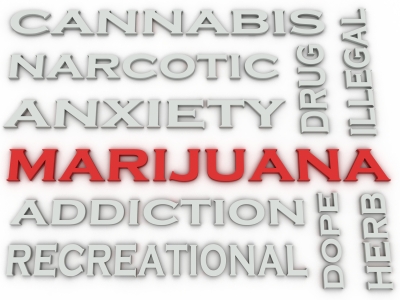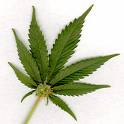Marijuana is everywhere. If your teenager isn’t using it, they know at least five other adolescents who are. Teenagers have a very lackadaisical attitude towards the drug. They generally don’t think much about the physical health consequences of inhaling smoke/vape into the lungs, or the mental health consequences of using a drug that fosters dependence and indifference.
Here’s the thing with abusing weed. Teens can usually still function at a fairly decent level. If they were using heroin, methamphetamine, or cocaine, it is obvious that something is amiss. The effects with cannabis are more subtle. When a teenager is abusing marijuana, they seem off, but as a parent you might not be able to pinpoint why. There is a change in their motivation, but that could just be that they’re tired of school. It’s not so clear that you immediately think “drugs.”
With teenagers who regularly abuse marijuana, there are symptoms that really demonstrate why cannabis use can be a problem. Their grades drop. They lose interest in spending time with certain friends. They stop wanting to play sports. They lie to you more often. They seem uninterested in things that used to be exciting. They don’t react with anxiety to things that should make them anxious, such as you being mad at them. They suddenly become more concerned with money, and yet don’t seem to have much of it. They also might gain weight. Despite all this, the majority of teenagers who are consistently abusing marijuana don’t think there are any negative effects from the drug.
If you suspect your teenager is using, one of the best tools at your disposal is the over-the-counter drug panel. It is pretty easy to administer. Your teenager can fake it out with certain products they can purchase on the internet, at a smoke shop or get from their friends. However, if you surprise them with the test, it will most likely give you real results. Teens who are drug tested on a regular basis by their parents, at random, tend to quit using altogether. If they don’t quit, they often dramatically reduce their use. Once a few months go by, most of them tell me things like, “I feel the cobwebs clearing,” or “I think more quickly now,” or “I didn’t even realize how much it was affecting me.”
Help your teenager stay drug free. You’ll help them avoid depression, anxiety, bad friends, low motivation in school, and frustration in their relationship with you. If you yourself use marijuana from time to time, please understand that your teenager almost certainly knows it, and assumes that means you approve them using it too.
Helping teens grow and families improve connection,
Lauren Goodman, MS, MFT




